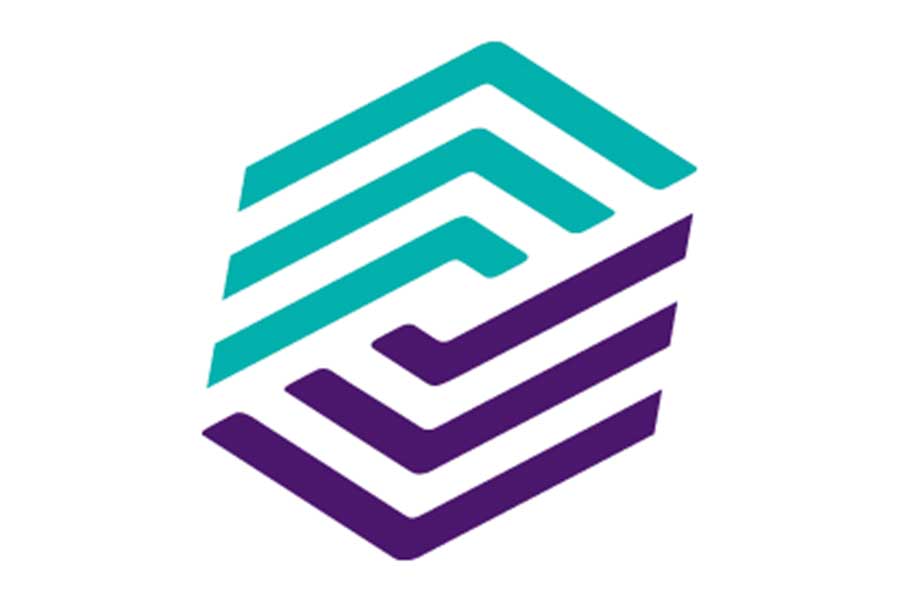
Radar | Aug 08,2020
May 20 , 2023
By Kidist Yidnekachew
I came across an older man who was complaining about the newly founded experience at a gas station. He, among many others, grumbled that the process took longer than expected, especially during the first few weeks of introducing digital fuel transactions.
Drivers with less digital literacy needed help while others were satisfied with the decision to make cashless transactions at the fuel stations mandatory.
I pointed out to my friend the difficulties people had getting used to the new process. He was taken aback by people seeing the glass half empty rather than being optimistic about the upgrade. He claimed drivers had been informed and given enough preparation time, yet needed clarification when it finally happened. According to him, all technologically challenged drivers needed to do was give their phones to the attendants if they could not do it themselves.
Change is inevitable but it takes a while to adapt.
Online financial services have simplified lives beyond words and made going to the bank a last resort for many urbanites. A 171 million ATM transactions through 18 million debit cards were recorded last year. Compared to the population, the number could be better. In the meantime, lower digital literacy has made people prone to fall for scams.
Recently, a saleswoman was scammed in a boutique when a man bought clothes and shoes worth 4,500 Br and said he would pay through a mobile banking system. She gave him the account number but failed to pay attention to the amount displayed on the screenshot. He only transferred 45 Br to the account which was an unfortunate incident.
People will go astray until they get used to the digital system, and it will open doors for scammers, as many people are already falling prey to online payment scams.
This, in turn, has led them to become sceptical of online trades to the degree of losing trust in cashless transactions. They need to see and touch the money. These people put their money in the bank and only take it out when required. They neither own ATM cards nor use mobile banking and physically go to a bank for services they could have gotten at the tip of their fingers on their phone.
The same thing happened when digital devices came live. Smartphones and computers have taken over the world right now and many would rather type using their electronic gadget. However, there are people including myself, who prefer to read a hard copy and write with a good old pen and paper. It is simply a matter of preference and people should have the right to choose.
Ethiopia ranks 168th for ease of doing business, which is on the lower curve. Changes such as digitising services allow better acquaintance with technology while boosting the investment climate. However, the implementation should be thought through and given ample time to assert the changes.
People should not be forced to use online payment services; instead, various persuasive methods should be implemented to spur them to appreciate it. Authorities also need to increase digital security and educate the public about the challenges and hacks they might be subjected to.
PUBLISHED ON
May 20,2023 [ VOL
24 , NO
1203]


Radar | Aug 08,2020

Radar | Nov 12,2022

Covid-19 | Jun 13,2020

Fortune News | Mar 26,2022

Commentaries | Jul 15,2023

Radar | Mar 18,2023

Viewpoints | Nov 09,2024

Radar | Jul 18,2021

Radar | Oct 12,2024

Fortune News | Apr 16,2022

My Opinion | 132120 Views | Aug 14,2021

My Opinion | 128523 Views | Aug 21,2021

My Opinion | 126450 Views | Sep 10,2021

My Opinion | 124061 Views | Aug 07,2021





Dec 22 , 2024 . By TIZITA SHEWAFERAW
Charged with transforming colossal state-owned enterprises into modern and competitiv...

Aug 18 , 2024 . By AKSAH ITALO
Although predictable Yonas Zerihun's job in the ride-hailing service is not immune to...

Jul 28 , 2024 . By TIZITA SHEWAFERAW
Unhabitual, perhaps too many, Samuel Gebreyohannes, 38, used to occasionally enjoy a couple of beers at breakfast. However, he recently swit...

Jul 13 , 2024 . By AKSAH ITALO
Investors who rely on tractors, trucks, and field vehicles for commuting, transporting commodities, and f...

Jul 12 , 2025
Political leaders and their policy advisors often promise great leaps forward, yet th...

Jul 5 , 2025
Six years ago, Ethiopia was the darling of international liberal commentators. A year...

Jun 28 , 2025
Meseret Damtie, the assertive auditor general, has never been shy about naming names...

Jun 21 , 2025
A well-worn adage says, “Budget is not destiny, but it is direction.” Examining t...

Jul 13 , 2025 . By YITBAREK GETACHEW
The Addis Abeba City Revenue Bureau has introduced a new directive set to reshape how...

Jul 13 , 2025 . By BEZAWIT HULUAGER
Addis Abeba has approved a record 350 billion Br budget for the 2025/26 fiscal year,...

Jul 13 , 2025 . By RUTH BERHANU
The Addis Abeba Revenue Bureau has scrapped a value-added tax (VAT) on unprocessed ve...

Jul 13 , 2025 . By NAHOM AYELE
Federal lawmakers have finally brought closure to a protracted and contentious tax de...